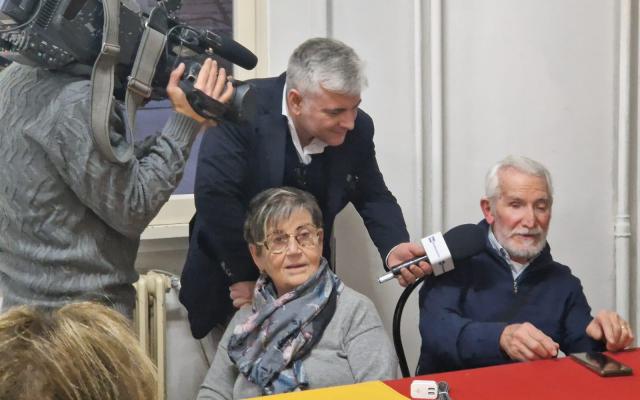The report of the Anti-plagiarism Observatory on irrationality.
In her contribution to the chapter on “Digital Transformation” in last year’s Annual FPA Report, FMD Director General Mirta Michilli reminded us that the pandemic revealed we were also “more irrational, gullible, paranoid, conspiracy theorists, and technophobic, as described in the CENSIS Report published after the pandemic. According to a recent SWG study, a third of Italians is superstitious and 24% do not exclude the existence of black magic.” Have we returned to rationality now that the pandemic is over?
In reality, the “irrational society” is not the product of the pandemic, but to Italians’ low cultural level. Ten years ago, there were 160,000 magicians active providing 30,000 daily services. So, nothing new. If 4 out of every 10 people who do not manage to solve their problems turn to enchanters and 8 out of 10 do not understand newspaper articles, how can we expect a healthy digital culture to take root? We continue to confuse digital lifestyle with the minimal skills necessary to work and participate in a society that already has new rules for the organisation of services and communications with citizens. We cannot improve the digital skills of Italians without also increasing their cultural capacity. Tullio De Mauro believed that the acquisition of IT and communication skills would only occur if an individual had sound fundamental skills, meaning literacy, the ability to activate knowledge to conduct activities in daily life, such as a reading and understanding medical instructions, a utility bill, or the indications on food items.
The Anti-plagiarism Observatory has recently published a new report. The data it presents are shocking and may well be amplified by social media: The turnover of magicians, enchanters, and healers totals 6 billion euro. “Tax evasion – a value paradoxically only surpassed by that of organised crime – is the highest in any field: 98%. And naturally, this is a crime, too,” specifies the report. There are 12 million people in Italy, 20% of the population, seeking support or comfort. Each spends on average 500 euro a year. Perhaps, we should keep the attention level high. Every time that we refer to digital skills and citizenship, we must not forget that we have to increase digital culture, too, in order to improve the knowledge of our target population.
The report also presents another worrying issue related to artificial intelligence that could contribute to “disproportionately increasing psychological conditioning and mystification. The Anti-plagiarism Observatory has also reported the presence on the Internet of inexistant magicians: virtual occultists that cannot be traced, but who request and receive money. Then, they disappear – their only form of tangible magic – and reappear with new names.”



